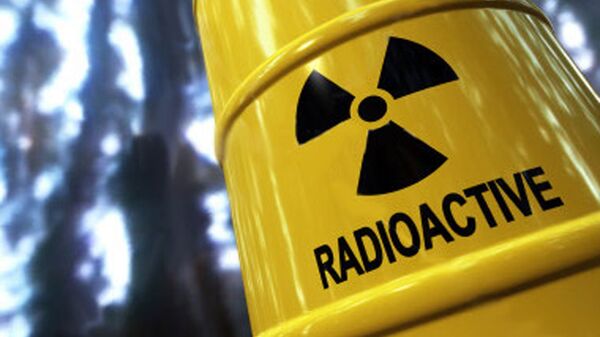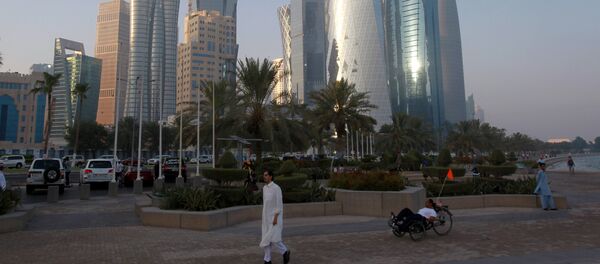"The controversy that's really getting some attention these days is at San Onofre, California, which is between San Diego and Los Angeles," said Kevin Kamps, radioactive waste watchdog at the nonprofit Beyond Nuclear, during an interview with By Any Means Necessary on Thursday.
"The good news is that the two nuclear reactors that were operating out there were permanently closed down in June 2013 because of a near-miss safety mishap, and the company and the Nuclear Regulatory Commission (NRC) — the federal agency — tried to restart these dangerously flawed reactors. The public said, ‘No way. It's not happening.' So the reactors were shut down: [there is] no more chance of meltdowns, no more radioactive emissions into the environment, no more generation of radioactive waste… All very good news."
"But the bad news is those reactors had been operating for decades," Kamps said. In turn, there is a substantial quantity of nuclear waste in the area, and there's no consensus view about what should be done with it. After all, nobody wants nuclear waste in their backyard.
"It's good that people are paying attention; the irony is, these radioactive waste dangers have always been there," Kamps told By Any Means Necessary hosts Eugene Puryear and Sean Blackmon. Not only would the spent nuclear fuel rods be close to the Pacific Ocean, but also "a foot-and-a-half above high tide level" in a region vulnerable to earthquakes.
The spent nuclear fuel rods have been sitting in cooling ponds awaiting transfer to the beach at San Onofre, local news station KPBS News reported Wednesday. San Diego attorney Mike Aguirre sued SCE and the California Coastal Commission, a state regulation agency, last year over their plans to dump radioactive waste near San Onofre State Beach, which encompasses 3,000 acres of public land.
In addition to fishing, the state park is home to a number of surf spots. The 1963 Beach Boys song "Surfin' in the U.S.A." makes a mention of "Santa Cruz and Trestles," the latter of which refers to a collection of prime surfing spots at San Onofre State Beach.
Aguirre's suit later reached a settlement in which SCE and the California Coastal Commission agreed to make every "commercially reasonable effort" to find another location to store the nuclear waste besides the beach. On Wednesday, he expressed a belief that SCE and the commission have not upheld the terms of the settlement. Indeed, steel canisters holding the waste may not even be suitable to transfer the waste from the plant to underground silos at the beach, as they may have sustained some damage, said Aguirre, citing a recent NRC report.
"We can no longer trust the management of Southern California Edison to load these canisters into the silos, and we cannot trust them to manage the waste, and unfortunately that means we are going to have to go back to court," Aguirre told KPBS. "We are going to ask the court to assist us in stopping any further loading based, upon a breach of our settlement agreement."
A spokesperson for SCE said Wednesday that operations to move the fuel rods to the beach are stalled until the NRC conducts a review of the company's procedures. A spokesperson for the NRC said the same day that the decision on when transfers to the beach may continue "will depend on the outcome of the inspections not yet conducted or scheduled."



